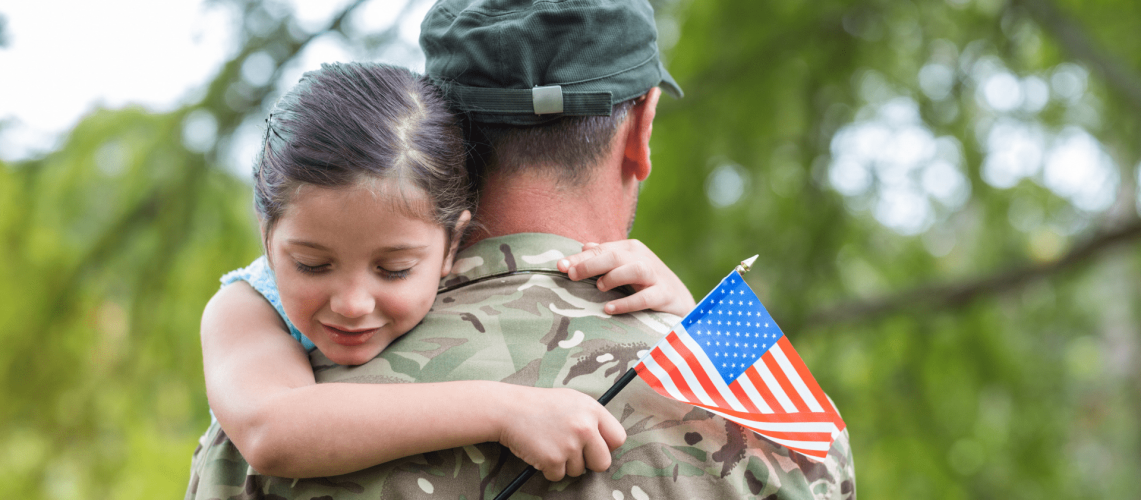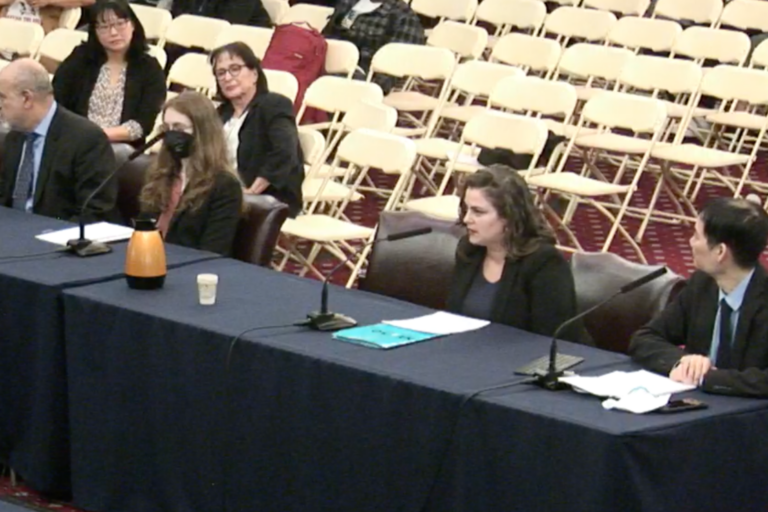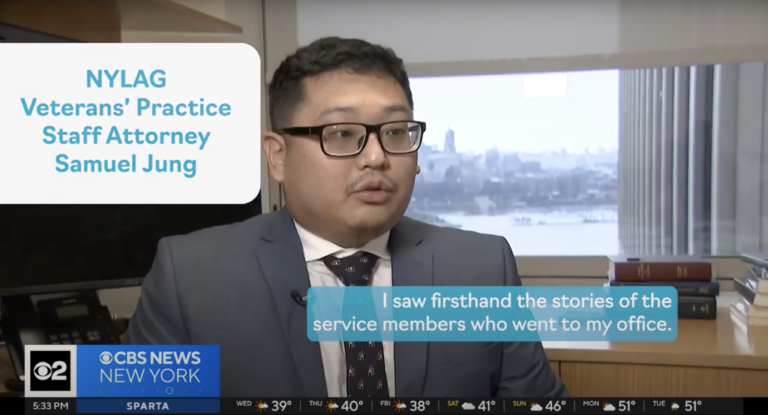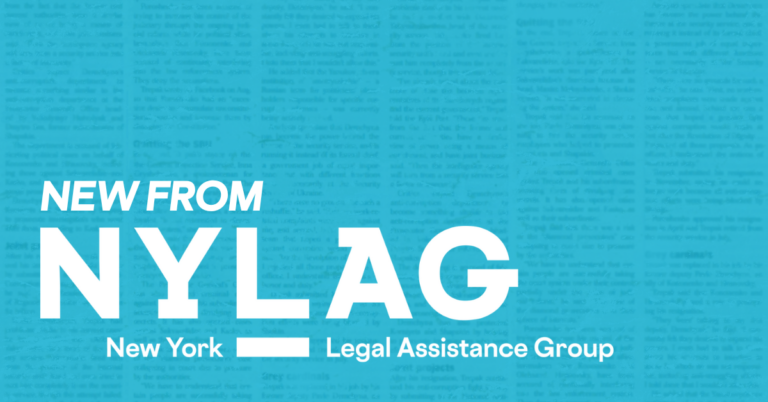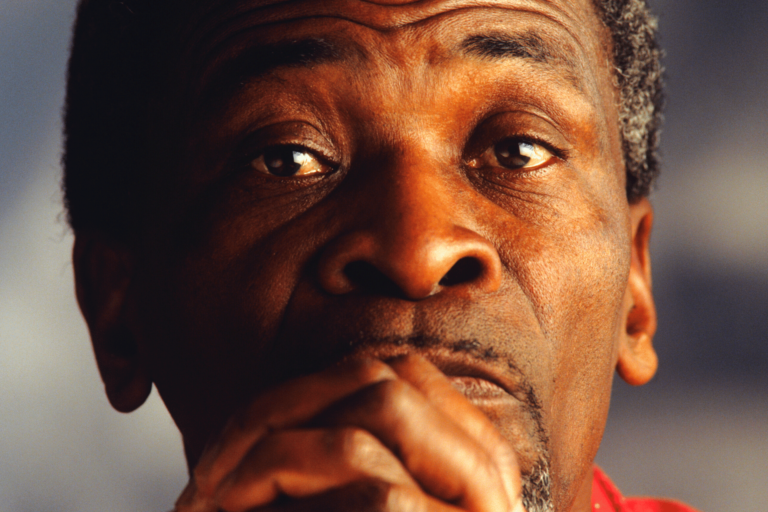A new study published in the December issue of Health Affairs found that veterans have better physical and mental health when they have access to a lawyer who can advise them on civil legal problems like disputes with landlords, which contribute to homelessness. The study included NYLAG clients and attorneys.
The study was authored by Jack Tsai Ph.D., Core Investigator for the Department of Veterans Affairs New England Mental Illness Research, Education, and Clinical Center and Associate Professor of Psychiatry at Yale School of Medicine, Randye Retkin, director of NYLAG’s LegalHealth Unit, Margaret Middleton of the Connecticut Veterans Legal Center, and others. The Bristol-Myers Squibb Foundation funded the study.
“The results of this study quantify what we, other medical-legal partnerships and the larger health care community have long recognized. Working closely with healthcare providers, attorneys can truly impact quality of life by addressing legal barriers to better health outcomes,” said Retkin. “By reducing veterans’ legal challenges and increasing their incomes medical-legal partnerships reduce veteran homelessness by preventing evictions, expand access to needed veterans’ services and stabilize incomes for veterans with significant health needs.”
The study bolsters the case for the passage of the Legal Services for Homeless Veterans Act that would provide increased federal funding for legal services for veterans. The bill would vastly expand access to justice for millions of veterans facing civil legal challenges by making lawyers available at VA medical centers where many veterans receive their healthcare.
US Senator Richard Blumenthal (D-Conn), a co-sponsor of the bill, said, “For vulnerable veterans, access to expert legal services within the VA could mean the difference between a safe, stable home and homelessness—a reality underscored in this important study. One in ten veterans are homeless in America today—a searing, staggering national failure. We must ensure veterans receive the medical care and assistance they need and deserve.”
The study included 950 veterans with legal issues from four sites in Connecticut and New York between 2014 and 2016. The most common issues were related to VA benefits, housing, family law and consumer issues. A subsample of 148 veterans who were provided full legal representation and were followed for one year showed significant improvements in housing, income, and mental health symptoms. Veterans who received more legal services showed greater improvements in mental health. (Abstract available here.)
“We found a reduction of hostility, anxiety and paranoia as well as improvement in income and fewer days homeless among those who received help from medical-legal partnerships,” said Tsai. “The interesting part is that you can target one life domain, and the benefits spill over to others as well.”

